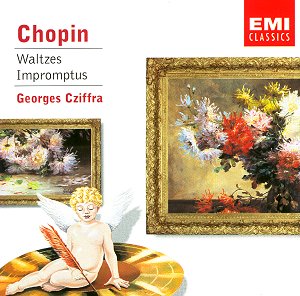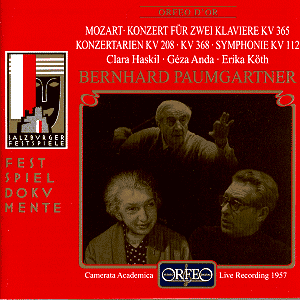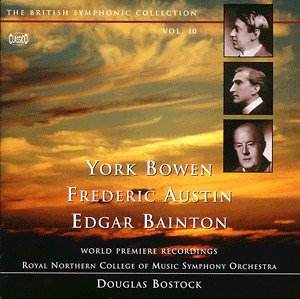 Composer: Nikolai Rimsky-Korsakov
Composer: Nikolai Rimsky-Korsakov
Works: Scheherazade, Op. 35; Capriccio Espagnol, Op. 34
Performers: Sydney Harth, solo violin; Los Angeles Philharmonic Orchestra; Zubin Mehta; Israel Philharmonic Orchestra
Recording: Decca, recorded London, 1975, 1980
Label: ELOQUENCE
Rimsky-Korsakov’s “Scheherazade,” composed in 1888, stands as a quintessential example of late Romantic orchestration, weaving a tapestry of exoticism and narrative brilliance. Inspired by “The Arabian Nights,” the symphonic suite encapsulates the enchanting tales told by the titular heroine. Coupled with the equally vibrant “Capriccio Espagnol,” which dates to 1887, these works reflect the composer’s mastery in evoking vivid imagery and emotional depth through orchestral color. This recent reissue of Zubin Mehta’s performances with the Los Angeles Philharmonic (LAPO) and the Israel Philharmonic showcases the enduring appeal of these orchestral showpieces.
The overall presentation of “Scheherazade” in this recording is undeniably lush, with the orchestral sound designed to capture the sensuous nature of Rimsky-Korsakov’s score. However, the interpretation suffers from a lack of cohesion and clarity, particularly in the more intricate passages. Mehta’s approach, while ambitious, often leads to a dragging of tempos that undermines the music’s inherent momentum. For instance, in the movement “The Young Prince and the Young Princess,” Mehta’s timing of 12:04 minutes starkly contrasts with Beecham’s more coherent 10:43 minutes and Kondrashin’s brisk 9:36 minutes. The slower pace results in moments that feel unwieldy, diluting the narrative drive that should propel this music forward. Furthermore, the lushness of the strings, while often evocative, occasionally tips into excessive sweetness, as evidenced by the overly saccharine treatment of the cello lines in the third movement, which can detract from the underlying poignancy.
The technical execution of the LAPO is competent but lacks the polish and finesse exhibited by other top orchestras. Comparison with the Royal Philharmonic Orchestra under Beecham or the Berlin Philharmonic under Karajan reveals a more nuanced understanding of orchestral balance and phrasing. The brass and woodwinds, while prominent in this recording, often overshadow the strings, leading to an uncharacteristic imbalance, particularly in quieter passages like the closing of “The Story of the Kalendar Prince.” The engineering choices further complicate matters; the ambitious remastering attempts to bring forth a vivid sound but sometimes sacrifices the natural acoustical ambiance, leading to a less immersive experience.
In “Capriccio Espagnol,” the Israel Philharmonic delivers a more cohesive performance, yet even here, Mehta’s interpretative choices raise eyebrows. The slow tempo of the horn quartet is particularly jarring, undermining the lively spirit of the work, while the finale feels rushed, leaving the musicians sounding breathless rather than spirited. Maazel’s interpretation with the Berlin Philharmonic offers a more energetic and engaging alternative, clocking in at a brisk 13:28 minutes without sacrificing the vivacity that defines this piece.
Despite the super-budget pricing of this recording, which may appeal to newcomers or collectors, the performances ultimately do not stand up to the scrutiny of established interpretations. The technical shortcomings and interpretative missteps overshadow the potential beauty encapsulated within Rimsky-Korsakov’s works. For those seeking a definitive recording of these beloved orchestral exemplars, the mid-priced offerings from Beecham or Karajan prove far more rewarding, making a compelling case for revisiting these classics with an interpretative lens that honors their intricate brilliance.



